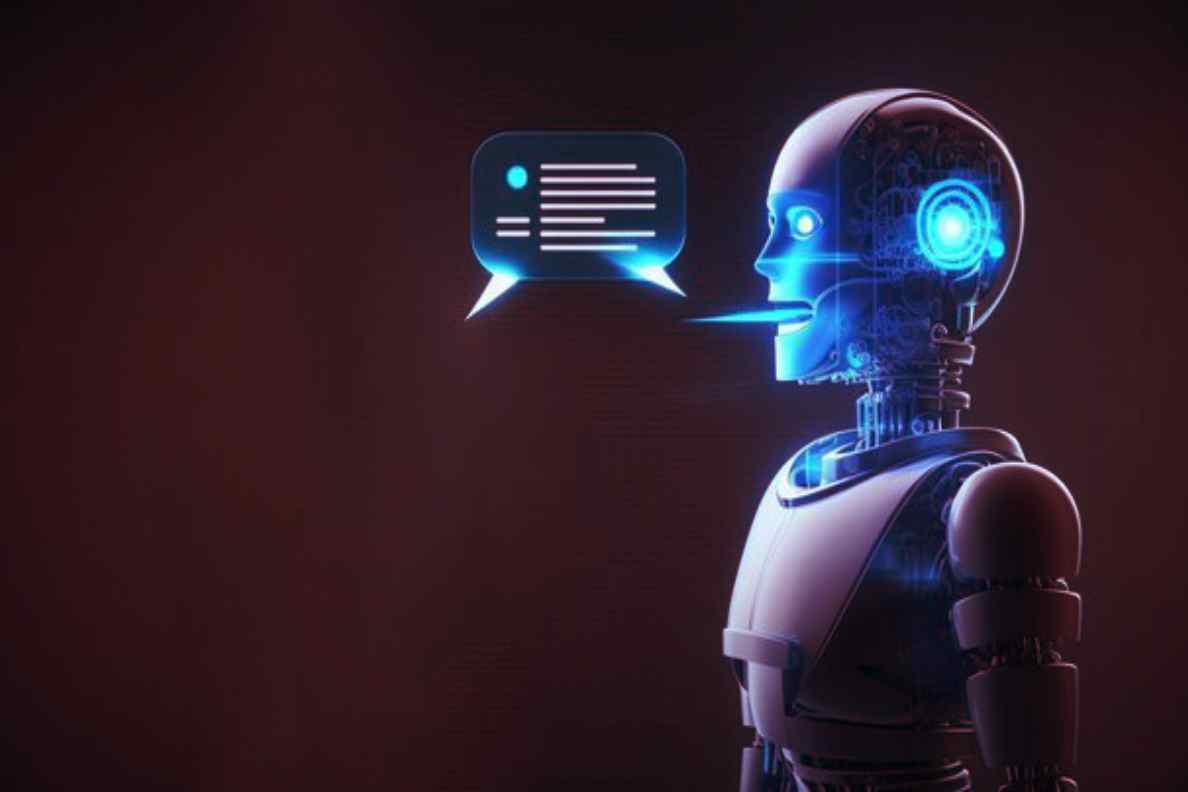Use And Dangers Of Artificial Intelligence To Reproduce Voices

Artificial intelligence is not a new concept; It has existed since the dawn of the computer age. However, the dangers of artificial intelligence are becoming much more palpable as computers can increasingly perfect this technology.
You’ve probably come across one of those strange images generated by AI (artificial intelligence). It is odd to think that behind this illustration, there is no human creator. More disturbing is the case of deep fake images and videos, where a famous person, living or dead, is artificially recreated.
As the development of AI progresses, so do its ramifications and applications. On this occasion, we review its impact on speech, paying attention to the possible dangers of the artificial voice, both original and cloned.
Do you think that synthetic voices can threaten the profession of announcers and voice actors? I invite you to read this post to learn the pros and cons of this technology.
Table of Contents
Computer-Generated Voice
Do you remember Loquendo’s voice and how annoying it was? Well, that was nothing more than a warning of what was coming.
Those strange voices didn’t seem to threaten us, but have you heard a voice generator with the latest AI technology? That’s a little scarier, honestly.
And when I talk about fear, I don’t just mean fear that the day will come when we won’t know when a voice is human or an artificial agent. I am also referring to the danger of what can be achieved if these voices fall into the wrong hands.
Online Voice Created By Artificial Intelligence
Online artificial speech generators offer increasingly realistic text-to-speech reading. These are websites, most of which are paid, that generate an immediate audio file from the introduction of text.
Here, AI is limited to achieving voices that imitate human voices, but its functionality is limited and small. It doesn’t seem like a professional solution for, say, a company that wants to be taken seriously.
Voice Cloning With Artificial Intelligence
In the case of voice cloning, things become trickier. Imagine that you can clone your voice with all its characteristics and nuances and use it for anything you can imagine, from recording an audiobook with your agent to making a call pretending that you are speaking in person. It seems like science fiction, but it is already being done with mixed results.
Also Read: How AI (Artificial Intelligence)Can Create Masterpieces
Advantages Of Using AI To Play Voices
For those of us who use the voice as an essential work tool, the generation and cloning of voices is something that we have to observe with the eyes of a prosecutor; it would be illogical if we did not do it.
But we still need to recognize some advantages that this technology can provide. For example, it made it possible for actor Val Kilmer, unable to speak after an illness, to appear in Top Gun: Maverick. The actor performed, and later, his cloned voice was added from old samples.
We could also think about synthetically reading web pages like Wikipedia for blind people—or its use in simple interactions to help autistic children.
Dangers Of Artificial Intelligence
The problem arises when some consider using artificial voices for less laudable purposes. Cybercrime through cloned voices is one of the greatest dangers. There is the case of an energy company in the United Kingdom that was scammed because of deep voice technology. The criminals cloned the voice of the general director and managed to make calls requesting large money transfers.
On the other hand, there is the issue of misinformation. If the simple act of writing a fake tweet can cause a stock market crash, imagine what a voice message impersonating a world leader could do.
We tend to give truth to what we hear, and not being able to distinguish a real voice from a fake would pose a severe security risk.
The Future Of The Human Voice
Given this unstoppable perspective of AI to reproduce voices, we must ask ourselves the question, what will happen to the human voice?
The answer is that it is not going to disappear. What’s more, I don’t think that an AI can replace a voice actor or a radio or podcast host.
First, there is something in the human psyche that can distinguish when an image or voice is not natural, and that “something” always affects the capture of the message. It is a distraction and does not allow you to enjoy the content. Who wants to feel the coldness and loneliness of listening to something with no human component behind it?
On the other hand, speaking or interpreting a text requires a talent that a robotic voice cannot reproduce. I talk about emotions, feelings, cadences, pauses and breaths without a specific pattern or algorithm behind it. Yes, they are perfecting it, but it will always be different. There is a warmth behind human voices, a feeling of closeness that has not yet been synthesized.
As you can see, the dangers of artificial intelligence and its fake nature mean that synthetic voices are not the best option.
Also Read: Creativity In AI Times






